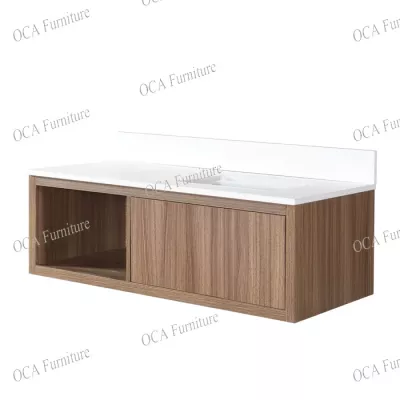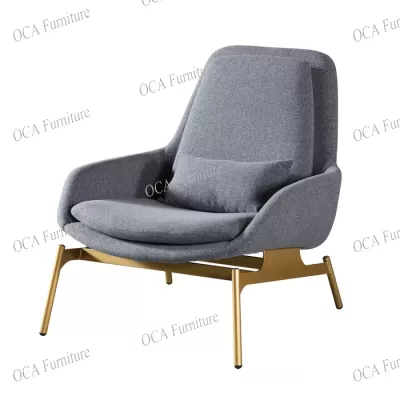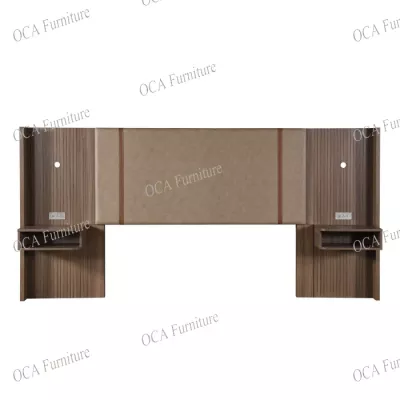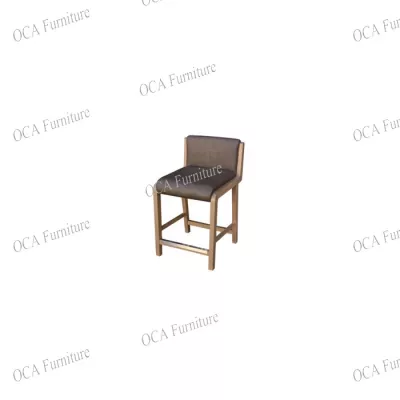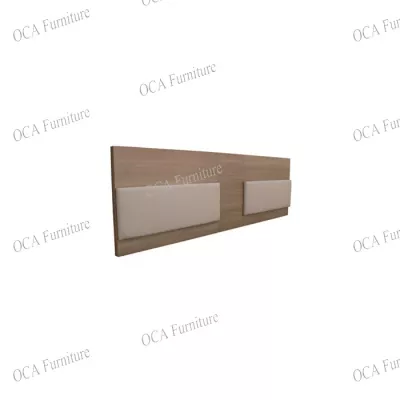The scene attribute of the hotel is no longer limited to accommodation, but a space for in-depth experience. During the special period of the epidemic, extending the scope and targets of basic services is not limited to guests in the hotel, but can well improve the hotel’s diversified profitability, such as food and beverage delivery services, professional laundry services, luxury car pickup services, property housekeeping services, and Training and other projects.
Under normal epidemic prevention and control, inter-provincial tourism has not yet resumed. Hotels can devote more energy to the individual needs of local guests, make full use of existing resources, tap their own service advantages, develop more derivative products, and create additional income.
For example, Abode Hotel, a boutique hotel in southern Mumbai, used existing resources to rent out beautifully designed rooms to the media, filmmakers, or people with social influence to take photos and videos to obtain additional income, charging up to US$430 per day. Film rental income accounts for 8% to 10% of total hotel revenue. This is similar to the live room special package recently launched by the JW Marriott Marquis Shanghai Luneng Hotel.
In a crisis, there is nothing worse than just waiting to die. Some hotels have actively adapted to the changes, made "down-to-earth" changes, and tried cross-border cooperation with light cost & operation. After the epidemic, Sheraton Hotel continued to break through its inherent operating model. For example, the Hanjiang Sheraton set up a barbecue booth at the door; the Sheraton Hotel in North America teamed up with the slide design company 24slides to provide PPT production services.


